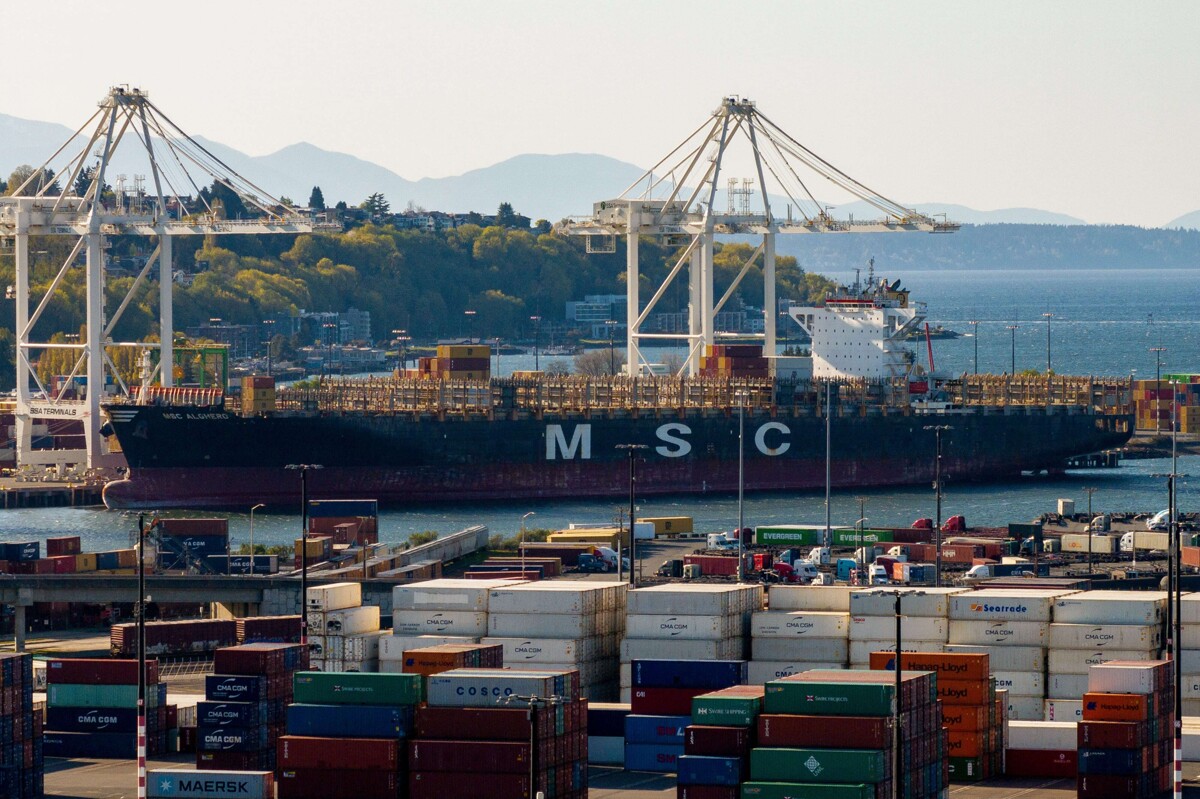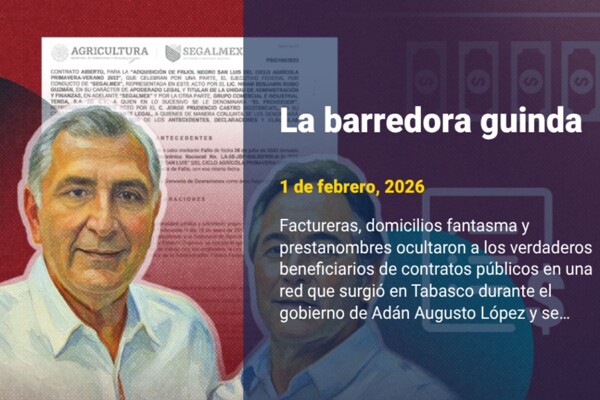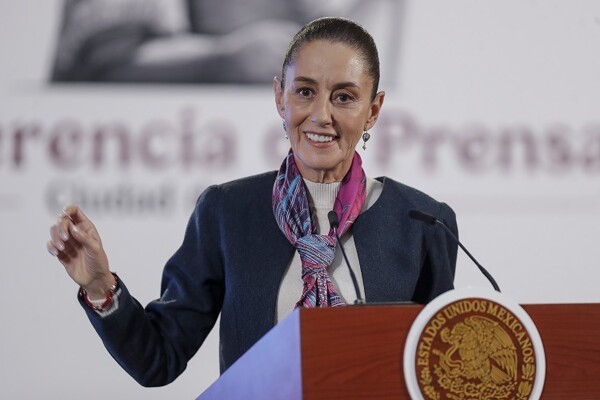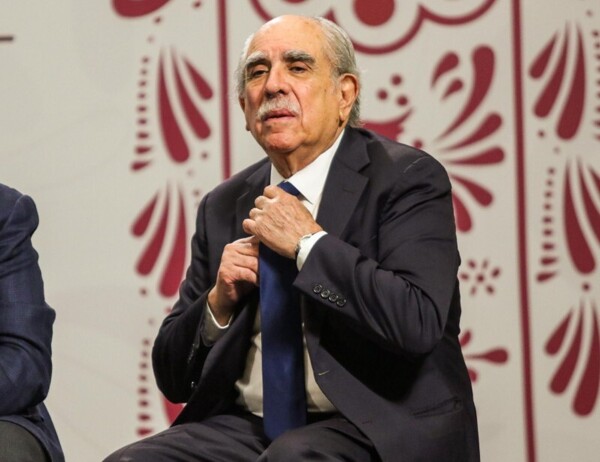
Over the last three decades, Mexico has followed an economic development model that has shifted from one based on import substitution to one focused on exports. This change has allowed the country to avoid periodic crises and return to economic growth, although still insufficient.
The Mexican government has recently presented the National Development Plan and Plan Mexico, which contain proposals for the country's development. However, there is criticism regarding the lack of a clear strategy to address the paradigm shift in the international environment, how it will affect Mexico in the long term, and how the country can prepare to overcome new challenges.
One significant change has been the transition from a fixed exchange rate to a variable one, which has prevented severe currency crises and allowed gradual adjustments for exporters and importers. This is reflected in the variety of products available compared to previous decades in supermarkets.
The U.S. government, under the Trump administration, has imposed several tariffs on imports, based on the idea that the United States provides global public goods to the world without receiving compensation. These include global security and the financial system and reserve currency that facilitate international trade.
Despite providing these essential services, it is argued that governments benefit without paying for them, leading to trade imbalances and job destruction. International trade is viewed as a mechanism that fosters competition among producers for the benefit of consumers and technological development.
The current paradigm shift in the global environment, including the U.S. tariff policy, has altered relationships and the global economic system. This situation is exacerbated by Trump's arrival in the presidency, which has accelerated the imposition of tariffs and undermined decades of worldwide tax reductions.
Despite some advances in antitrust regulations and competition in the private sector, state monopolies like Pemex and CFE persist in Mexico. China's economic growth and Russia's military intervention in Ukraine have contributed to these changes in the global landscape. However, certain underlying assumptions in these policies are considered erroneous and require revision.














